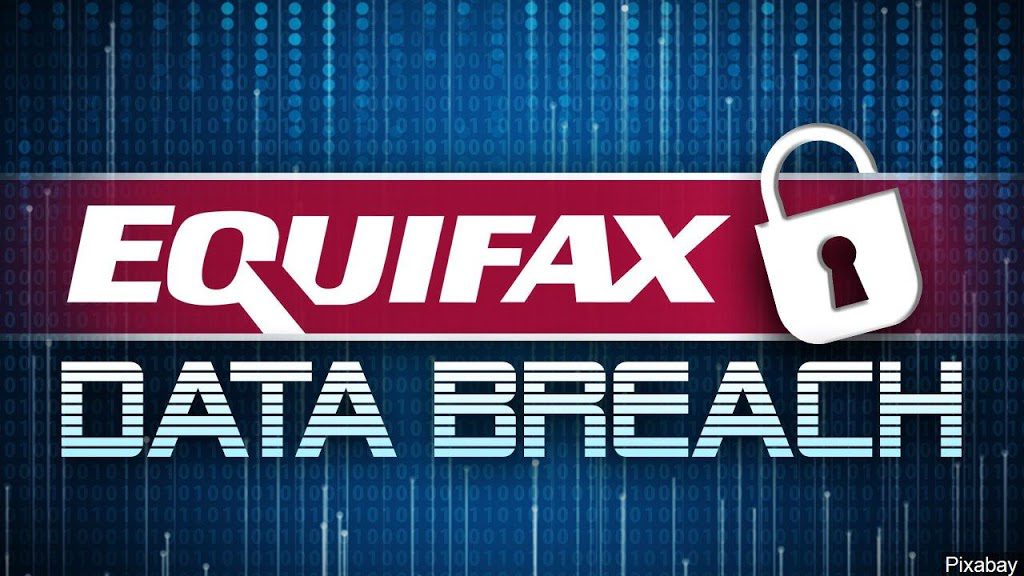
Which elements of this case might involve issues of legal compliance? Which elements illustrate acting legally but not ethically? What would acting ethically and with personal integrity in this situation look like?
How do you think this breach will affect Equifax’s position relative to those of its competitors? How might it affect the future success of the company? Was it sufficient for Equifax to offer online privacy protection to those whose personal information was hacked? What else might it have done?
Introduction
The Equifax data breach of 2017 was one of the largest and most significant cybersecurity incidents in history, affecting nearly half of the US population. This breach compromised sensitive personal information, including social security numbers, birth dates, and addresses, and raised serious concerns about the security of personal data held by major corporations. The Equifax breach not only had significant legal and financial consequences for the company but also highlighted the need for stronger cybersecurity measures and greater accountability for companies that handle personal data (Byars & Stanberry, 2022). In this paper, we will examine the Equifax data breach and its aftermath, including the legal and ethical implications of the breach, and the adequacy of the company’s response to the breach. We will also discuss the lessons that can be learned from this incident and the steps that companies can take to prevent similar breaches in the future.
Body
Which elements of this case might involve issues of legal compliance? Which elements illustrate acting legally but not ethically? What would acting ethically and with personal integrity in this situation look like?
The Equifax data breach involved several elements that might involve issues of legal compliance. The first is the unauthorized access of servers, which is a violation of the Computer Fraud and Abuse Act. The second is the potential violation of insider trading rules by Equifax executives who sold off nearly $2 million of company stock after finding out about the hack. The third is the failure of the company to adequately protect the personal information of its customers, which could result in legal action under state and federal data protection laws.
The element that illustrates acting legally but not ethically is the sale of the company stock by Equifax executives after finding out about the hack. While this may not have been illegal, it is certainly unethical to profit from a breach that could harm millions of people.
Acting ethically and with personal integrity in this situation would involve taking responsibility for the breach, apologizing to customers, and implementing measures to prevent future breaches. This could include offering additional compensation to customers whose personal information was compromised, providing free credit monitoring for a longer period, and investing in stronger cybersecurity measures. It would also involve holding executives accountable for their actions, including any violations of insider trading rules or failure to adequately protect customer data.
How do you think this breach will affect Equifax’s position relative to those of its competitors? How might it affect the future success of the company?
The Equifax data breach is likely to have a significant impact on the company’s position relative to its competitors. The breach has already led to the resignation of several top executives and could result in significant financial penalties and legal action. This could damage the company’s reputation and lead to a loss of customers, particularly if they feel that Equifax did not do enough to protect their personal information.
In the long term, the breach could also affect the future success of the company. Customers may be reluctant to trust Equifax with their personal information, which could lead to a decline in business. Competitors may also use the breach as an opportunity to gain market share by emphasizing their own strong cybersecurity measures and commitment to customer privacy.
Was it sufficient for Equifax to offer online privacy protection to those whose personal information was hacked? What else might it have done?
Offering online privacy protection to those whose personal information was hacked is a good start, but it is not sufficient. Equifax could have done more to compensate customers for the breach and to prevent future breaches (Fruhlinger, 2020). This could include offering additional compensation, such as free credit monitoring for a longer period or reimbursement for any losses resulting from identity theft. Equifax could also invest in stronger cybersecurity measures, such as encryption and multi-factor authentication, to prevent future breaches. Finally, Equifax could work to improve transparency and communication with customers, including regular updates on the company’s cybersecurity measures and any breaches that occur.
Conclusion
The Equifax data breach of 2017 was a significant event that highlighted the need for stronger cybersecurity measures and greater accountability for companies that handle personal data. The breach had serious legal, financial, and reputational consequences for Equifax, and raised important questions about the company’s commitment to customer privacy and data protection. While Equifax’s response to the breach was not sufficient, it did offer some important lessons for other companies. Companies need to prioritize cybersecurity and take proactive measures to protect customer data, including implementing strong encryption, multi-factor authentication, and regular security audits. They also need to be transparent and communicative with customers about their cybersecurity measures and any breaches that occur. Finally, they need to take responsibility for their mistakes and be accountable for any violations of data protection laws or ethical standards. By doing so, companies can rebuild trust with customers and ensure that their personal data is protected in the future.
References
Byars S., Stanberry K. (December 12, 2022). Business Ethics. Chapter 1.2: Ethics and Profitability. Retrieved from https://openstax.org/books/business-ethics/pages/1-2-ethics-and-profitability
Fruhlinger J. (February 12, 2020). Equifax data breach FAQ: What happened, who was affected, what was the impact? Retrieved from https://www.csoonline.com/article/3444488/equifax-data-breach-faq-what-happened-who-was-affected-what-was-the-impact.html
